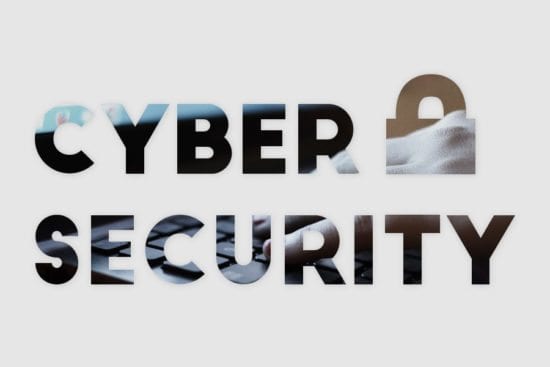Over the weekend, it was reported that Schools in New York City are moving away from using the video conference app Zoom after a review of security concerns. The city’s Department of Education is directing schools to “move away from using Zoom as soon as possible,” Danielle Filson, a department spokeswoman, told CNN in a statement.
The opinions expressed in this post belongs to the individual contributors and do not necessarily reflect the views of Information Security Buzz.



